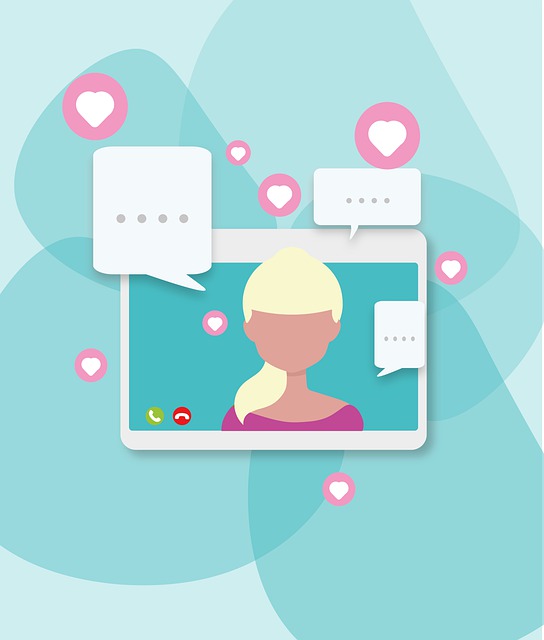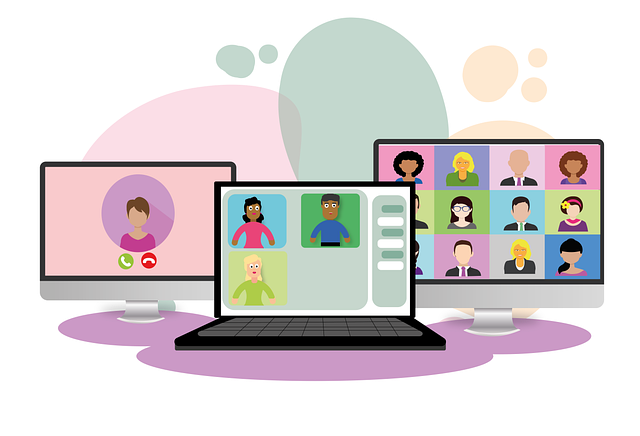In the age of instant communication and non-stop interactions, it is easy to minimize the importance of reaching out to friends and family. Whether it is a call, a short text, or a simple email, it is almost always a welcome, significant, and meaningful gesture—for both the recipient and the initiator.
Research conducted by The American Psychological Association found that casual “check-ins” to the people in our various social networks mean a great deal more than we usually think.

“Even sending a brief message reaching out to check in on someone, just to say ‘Hi,’ that you are thinking of them, and to ask how they’re doing, can be appreciated more than people think.”
Peggy Liu, associate professor of business administration with the University of Pittsburgh Katz Graduate School of Business
According to the findings, the number of actual phone conversations people initiate these days is dramatically lower than in the past. Calling people is perceived to be an imposition on their time; it can feel less awkward to reach out via text or social media. But regardless of how we are creating the connection, the quick and effortless check-in is deemed meaningful, enjoyable, and important by those on the receiving end. While we might feel bad about interrupting someone’s day or taking away time from their other responsibilities, this research suggests that reaching out “just to say hi” is a powerful and important gesture.
As people, we are ingrained with the counterintuitive (and often destructive) assumption that our family and loved ones are not as interested in connection as we are, or as we’d like to be. Dr. Marisa Franco, psychologist, author, and University of Maryland assistant clinical professor, points to a “liking gap,” as the primary hindrance to most people’s communications.
Another reason people might keep themselves from calling or texting is the “beautiful mess effect.” We have a hard time inquiring about a friend or loved one for fear of having to show our own vulnerabilities and/ or being judged by that person.

To be functioning at our best, we need to be in a connected state. Just like you need to eat, like you need to drink, you need to be connected to be functioning well.
Dr. Marisa Franco
Another exploration of this issue, published in The American Journal of Geriatric Psychiatry, indicates that older adults link their sense of purpose directly to the positive social interactions they have on a regular basis.

With more and more Americans reporting a heightened sense of loneliness (contributing to what some are reporting as a loneliness crisis) made complicated — and intense — by pandemic-related regulations and habits, these studies underscore what we have likely known all along: a little bit (of connection) can go a long way (to easing someone else’s hardship). These two studies- and several others- draw attention to the need to connect with others each and every day. We all need to view our familial ties and friendships as critical pieces of our well-being. Even if/when making those connections seems like a burden or feels awkward, it needs to be a part of our self-care routine, just like eating healthy and exercising.

